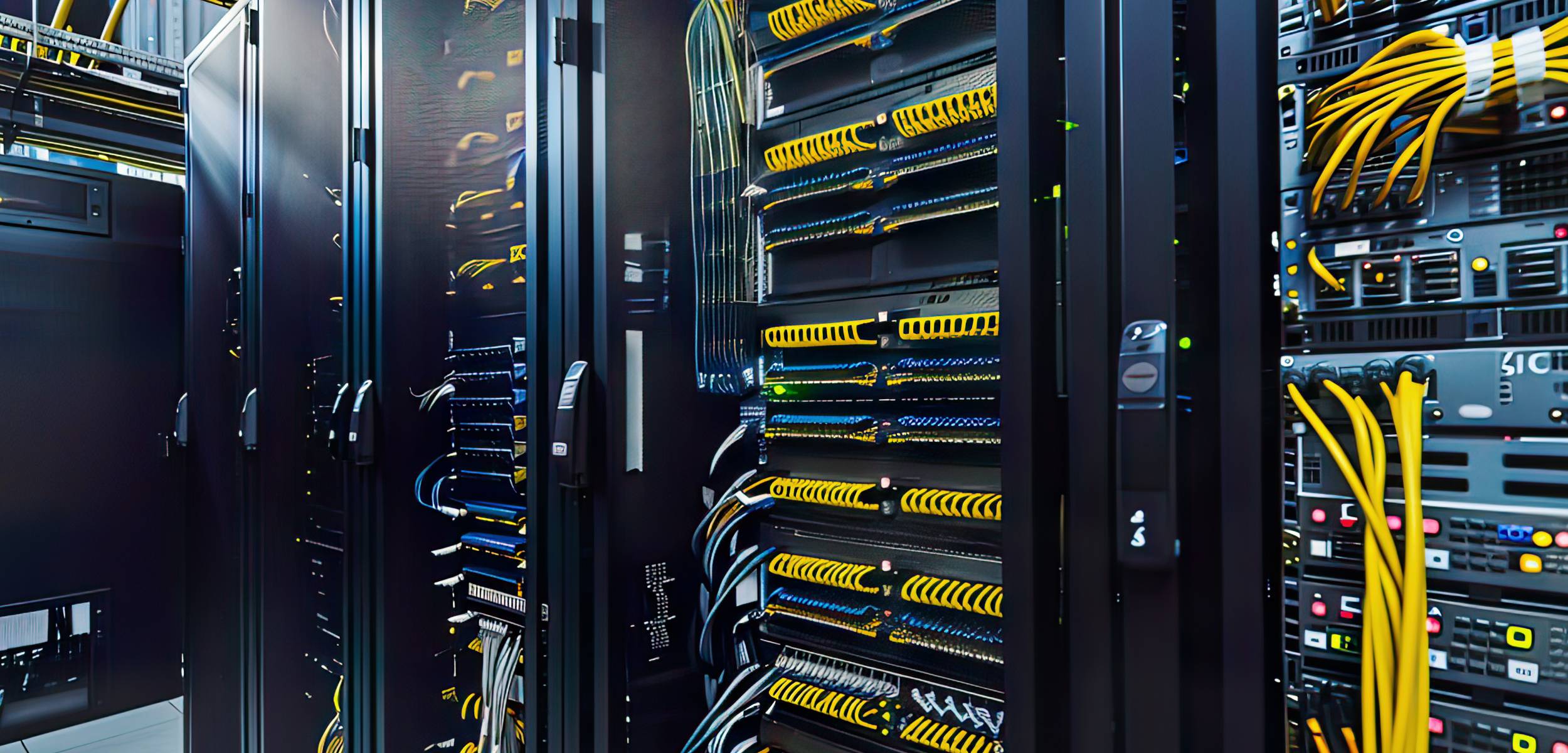Understanding Why Cable Testing Matters
Cables don’t get much attention until something goes wrong. But they’re the lifeline of every modern business. From powering your network to keeping data moving smoothly, cables keep your operations alive. That’s why cable testing services aren’t just another technical step. They’re a safety and performance checkpoint that ensures your entire setup works right. Without proper testing, even a small issue can cause big headaches later.
Safety Comes First in Every Setup
Cables carry signals and sometimes electrical power, so safety can’t be ignored. A loose connection or damaged wire isn’t just annoying; it’s a real hazard. Overheated cables can cause short circuits or even fires. That’s why professional testing is so important. It makes sure your setup meets safety codes and prevents accidents before they happen.
Certified technicians know how to inspect cables for damage, verify insulation quality, and check that everything complies with local regulations. Their tools can detect faults long before they become visible problems. So, when your network passes testing, you’re not just getting peace of mind, you’re ensuring your workplace stays safe.
Meeting Industry Standards and Regulations
Every business network, whether it’s for an office or a manufacturing facility, must meet specific standards. Organizations like ANSI, TIA, and ISO set guidelines for network installations to ensure performance and safety. Skipping testing or ignoring those standards can lead to penalties or system failures.
Professional cable testing services help confirm your setup meets all those requirements. Technicians use advanced testers to measure cable length, resistance, signal loss, and crosstalk. Each result is compared against standard benchmarks to verify compliance. This isn’t guesswork, it’s science backed by data.
Plus, having proper test documentation can come in handy later. If you expand your system, switch service providers, or face an inspection, those records prove your network is safe, certified, and ready for anything.
How Testing Prevents Downtime
We’ve all been there, slow internet, dropped calls, or lost connections right when you need them most. Many times, it’s not the software or router that’s to blame. It’s the wiring behind the walls. Over time, cables can degrade, get bent, or suffer damage during maintenance.
Cable testing identifies weak spots before they cause real trouble. Professionals use signal analyzers to spot disruptions and fix them fast. That means fewer interruptions, smoother performance, and no more guessing what’s wrong. It’s like giving your network a regular health check to keep it running strong.
And let’s face it, downtime costs money. Every minute your system is down, productivity drops. By investing in testing early, you’re actually saving yourself from future repair costs and unexpected delays.
Why Professional Testing Beats DIY
Sure, you could buy a basic cable tester online, but it’s not the same as professional-grade testing. Certified technicians have specialized tools that measure every performance metric precisely. They understand how different cables behave, whether it’s Cat6, Cat7, or fiber optic lines.
They don’t just test for connectivity, they test for quality. Professionals check data flow, signal strength, and resistance to interference. Plus, they can interpret test reports, explain what’s going on, and suggest the right fixes.
DIY testing might tell you if a cable works, but professional testing tells you how well it works. That difference can mean stable performance or constant frustration.
Protecting Your Investment
Installing a network or electrical system isn’t cheap. So why risk it by skipping one of the most important steps? Regular cable testing extends the life of your infrastructure. It ensures your cables can handle future upgrades, whether you’re adding more devices or switching to faster internet.
Think of testing as insurance for your technology. You’re protecting what you’ve already spent and setting yourself up for smoother growth. Over time, this helps you avoid major rewiring costs or sudden outages.
The Long-Term Benefits of Routine Testing
When you make testing part of your regular maintenance plan, you’re building reliability into your network. Routine checks catch wear and tear early and confirm that all your connections still perform at top speed.
Businesses that schedule periodic testing often see fewer connectivity problems and better energy efficiency. With everything wired correctly and running smoothly, systems don’t strain as much to transmit data. That means faster speeds and lower long-term costs.
Plus, when your business grows, maybe you’re adding a new department or expanding into another building, having those test records helps. They make upgrades easier and ensure your new setup integrates without a hitch.
Final Thoughts
Professional cable testing services are about more than just finding broken wires. They’re about keeping your workplace safe, your network compliant, and your technology future-ready. Every cable in your system plays a role, and testing guarantees each one performs the way it should.
By investing in expert testing, you avoid costly repairs, protect your infrastructure, and make sure your business stays online when it matters most. In short, it’s a small step that brings big results.




